Sound and light energy -> heterotrophic
Heterotrophic
In biology, the term "heterotrophic" refers to the mode of nutrition in which an organism obtains its energy and carbon by consuming organic compounds produced by other organisms. Heterotrophic organisms cannot produce their own food through photosynthesis or chemosynthesis, and instead rely on consuming other living or once-living organisms for sustenance.
Heterotrophic organisms can be further categorized based on how they obtain their food. For example, some heterotrophs are classified as herbivores, which primarily consume plant material, while others are carnivores, feeding on other animals. Additionally, some heterotrophs are omnivores, consuming both plant and animal matter, while others are decomposers, breaking down dead organic matter and recycling nutrients back into the ecosystem.
Study Guide for Heterotrophic:
- Definition: What is the definition of heterotrophic in biology?
- Examples: Provide examples of heterotrophic organisms and explain how they obtain their food.
- Categorization: How are heterotrophic organisms categorized based on their food sources?
- Role in Ecosystem: Discuss the role of heterotrophic organisms in the ecosystem and the importance of their feeding strategies.
- Comparison: Compare and contrast heterotrophic and autotrophic modes of nutrition, highlighting their differences and similarities.
Understanding the concept of heterotrophic nutrition is essential in comprehending the diverse ways in which organisms in an ecosystem obtain their energy and nutrients. By studying heterotrophic organisms, we gain insights into the complex interactions and dependencies that sustain life on Earth.
.◂Science Worksheets and Study Guides Fifth Grade. Sound and light energy
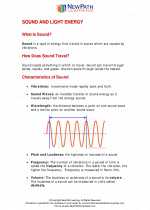
 Activity Lesson
Activity Lesson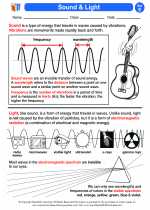
 Worksheet/Answer key
Worksheet/Answer key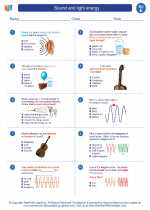
 Worksheet/Answer key
Worksheet/Answer key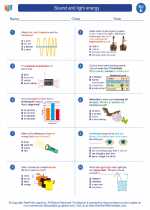
 Worksheet/Answer key
Worksheet/Answer key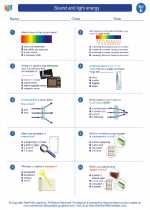
 Worksheet/Answer key
Worksheet/Answer key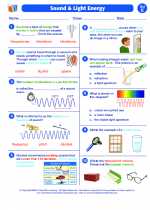
 Vocabulary/Answer key
Vocabulary/Answer key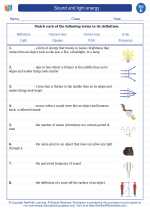
 Vocabulary/Answer key
Vocabulary/Answer key
